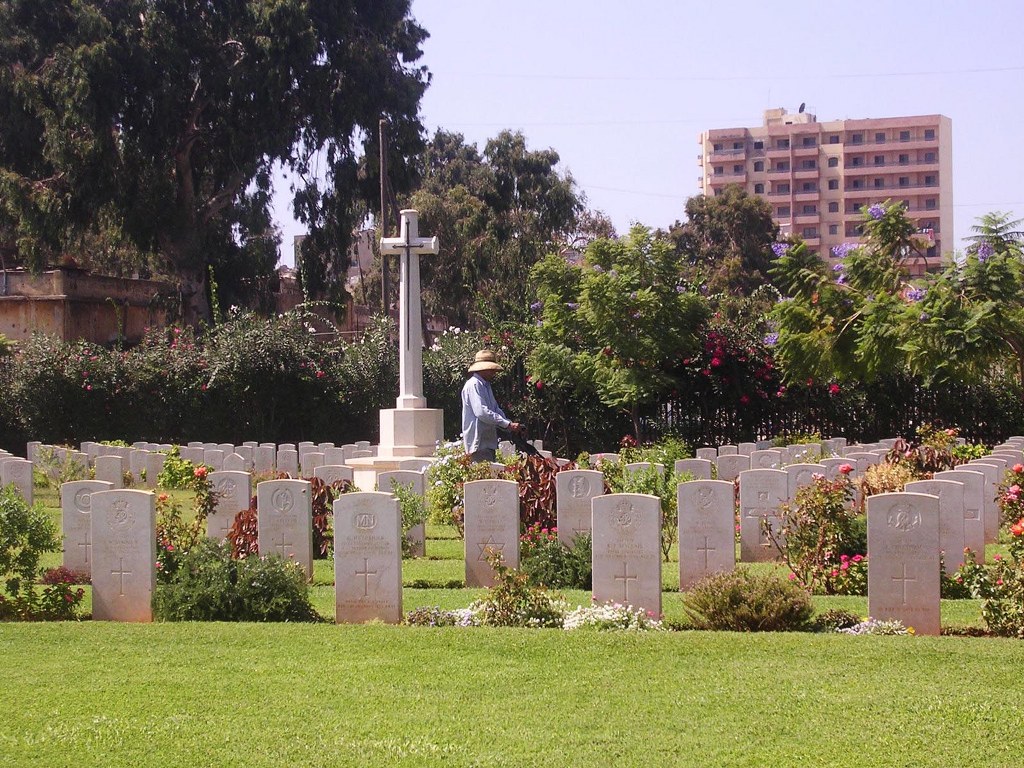Maurice Cecil Thompson, born on 28th October 1889, was admitted to King Edward’s School in January 1904. He lived with his mother, Bessie, his father, a retired galvanised iron manufacturer, and his five siblings at 32, Westfield Road, Edgbaston. Two of Maurice’s brothers also attended KES and served in the war: Arthur Morton was an Acting Captain with the Royal Army Service Corps, Territorial Force, and Ernest Henry became a Captain with the 10th Battalion, South Staffordshire Regiment, before being invalided home and working at the Ministry of National Service. Both brothers survived the war.
Maurice was in the Modern Second Class, studying a primarily scientific, rather than classical, curriculum. He was a mid-range performer overall in his class, though he was lower placed in his mathematics set, A III. Maurice was a keen member of the Debating Society, representing the MP for Ipswich in the 1907 School Model Parliamentary Debate. He was a regular player in the 2nd XV rugby team and an occasional substitute in the 1st XV. He was described as, “an energetic and hard-working forward with a fair amount of pace, which he does not use”. After leaving School, Maurice became an engineer and then worked as the manager of a gas engine manufacturing company.
Maurice enlisted as a Private Soldier in 1914 with the Royal Army Medical Corps, Territorial Force, transferring to the Egyptian Expeditionary Force in April 1915. After working in Ras el-Tin Hospital in Alexandria, he served on the Salonika Front for 18 months. The School Service Record provides the startling revelation that in 1917 he was “torpedoed in the Mediterranean”. However, he survived and returned to the EEF, taking part in the successful Battle of Jerusalem in November 1917. The capture of the holy city enabled the British Army to establish a new strategically strong fortified line, and was a critical step in ensuring Allied victory in that theatre of war; Prime Minister David Lloyd George described the capture as, “a great moral victory for the British Empire”. Maurice died of pneumonia at Homs, Syria, on 25th October 1918, aged twenty-nine. His personal effects were returned to his family, including his working wrist watch, wallet, devotional book and some photos. He is buried in the Beirut War Cemetery, where the inscription on his headstone reads: “The good he did lasts after him”. He is also commemorated on St Augustine’s Church War Memorial, Edgbaston. Maurice left his estate of £2,739 to his father.



